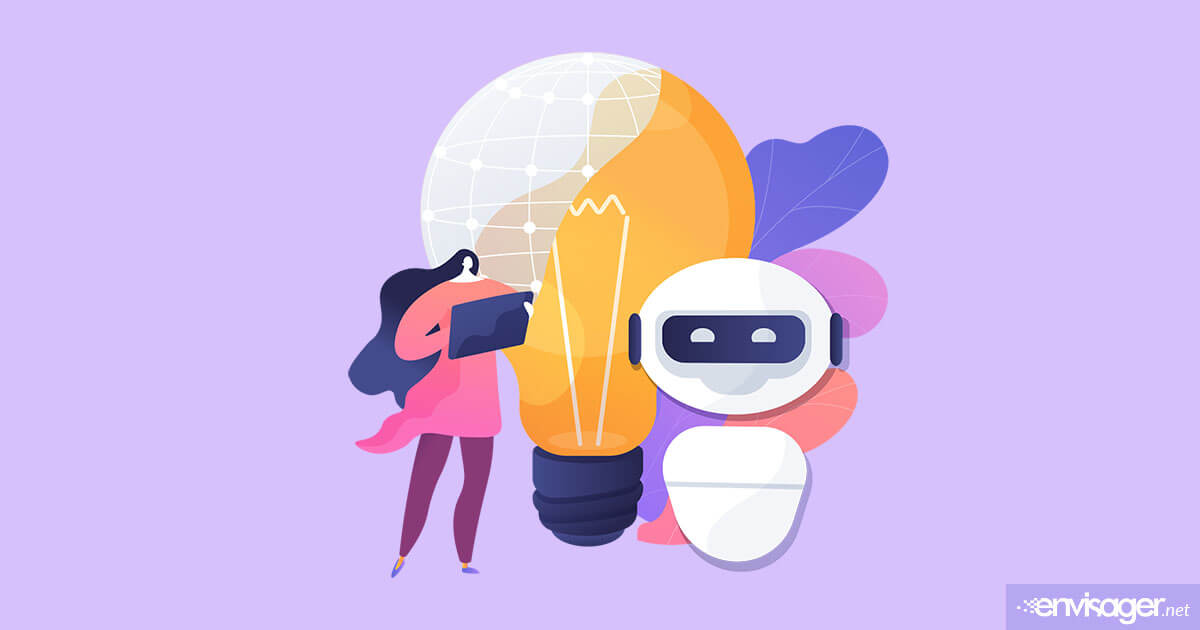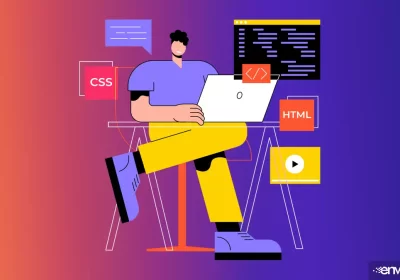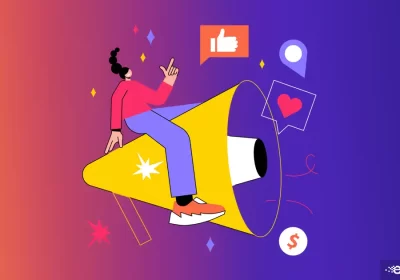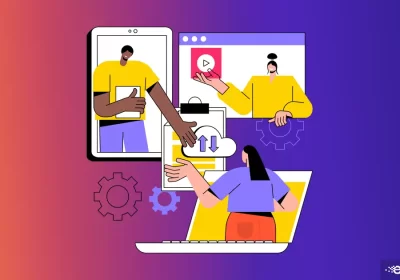Pros and Cons Of AI

As with any new technology, there needs to be intelligent decisions made about its development and use. Weighing the pros and cons of AI is no different.
According to IBM, artificial intelligence (AI) is the use of “computers and machines to mimic the problem-solving and decision-making capabilities of the human mind”. Our ability to imagine AI goes back at least 2,700 years to ancient times.
Ideas about creating robots and artificial life was explored in ancient myths long before the advances of self-moving devices was possible. It seems that we’re well on our way now with this endeavor. But how well have the pros and cons of AI been weighed? Is this an overall good thing for everyone and our society?
Pros and Cons Of AI
Remember the Greek god Hephaestus; the god of blacksmithing and invention? He created the less talked about bronze man Talos which had a mysterious life force. But he also created the infamous Pandoras box and a set of automated servants that were given the knowledge of the gods.
If you think about it, none of those myths ended well once the artificial beings were sent to Earth. It’s as if the myths were trying to foretell something. That is, it’s great when artificial things are used by the gods in heaven. However, once they interact with humans, we get destruction and mayhem.
Pros Of AI
1. Artificial intelligence offers accessibility for people with disabilities.
AI is commonly integrated into mobile devices and other household devices. Virtual assistants such as Alexa and Siri can perform countless tasks from navigating the internet to making a phone call. And those who are hearing impaired can access transcripts of voicemail or other audio, for example.
2. AI can improve workplace safety.
Three major causes of human accidents in the workplace are sickness, stress, and tiredness. AI doesn’t have these emotions or ailments and can replace or work with humans for particularly dangerous task. For example, the use of drones in construction to inspect high roofs can greatly reduce the risk factor for humans.
3. Artificial intelligence can improve our standard of living by making everyday life more enjoyable and convenient.
Car accident ahead? You don’t have to sit in a traffic jam, instead use your map app and navigate around it. You don’t have to fumble around in the dark looking for your car or house keys. With a preset location-based command, your car is unlocked and started. Or your house doorway is lit as you approach your now opened door.
Cons Of AI
1. AI repeats and makes human racism worse.
Facial recognition has the propensity to be biased. In fact, the faces of white men are easily recognized, while black women are wrongly identified 35% of the time. One study led by an MIT team of Amazon’s Rekognition AI program falsely matched 28 members of the US Congress with mugshots from a criminal database. 40% of the errors were people of color.
3. It poses dangerous privacy risks.
Facial recognition technology can be used for passive, warrantless surveillance without knowledge of the person being watched. In Russia, facial recognition was used to monitor and arrest protesters who supported jailed opposition politician Alexei Navalnyl. Russians fear a new facial recognition payment system for Moscow’s metro will increase these sorts of arrests.
2. Since robots will replace many people, AI will harm the standard of living for people.
In a workplace, human benefits include bathroom breaks, health insurance, lunch hours, sick days, pay raises, etc. AI robots need none of these benefits and services. Given that AI hardware and software are becoming less expensive, this spells trouble for workers and society at large.
Who Is Going To Regulate AI?
Yes, artificial intelligence has been evolving behind the scenes for some time now. When Amazon recommends a book, or Google auto-completes a search query, AI is at work. But now we’re taking about an unleash to the masses. To keep the corporate AI race from becoming reckless requires the establishment and development of rules and the enforcement of legal guardrails. Does our government have the expertise to deal with the velocity of AI driven change?
You may also enjoy reading: 5 Important WordPress Tips For Beginners

Gregory Meyer
DIGITAL MARKETING DIRECTOR
Gregory is the Analyst & Digital Marketing Director at Envisager Studio. His data collection is an important part of each client’s unique website design and social media strategy. In his spare time, he writes about web design analytics, social media, visual marketing, and social influence.


